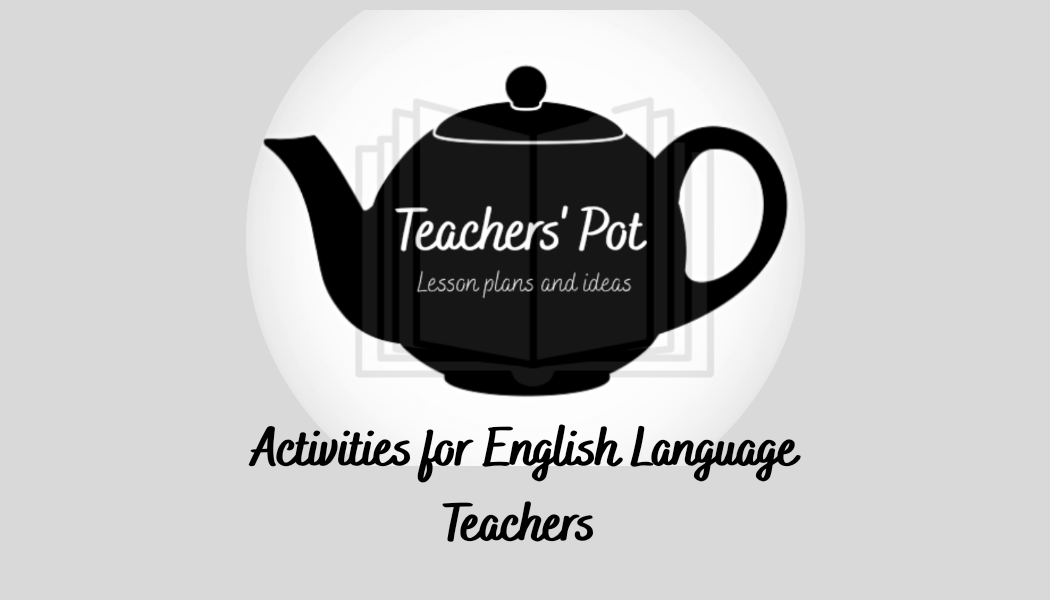Hello again on this lovely Sunday!
I think I've already mentioned that my students love music and they like it when I bring songs to class. However, it's never easy to make everybody happy with my song choices. Even though I always go for a track that is on the list made by my students (I frequently ask them to make a list of songs they like) ,there are always a few grumpy kids who absolutely despise the number/artist I decide to work with.
I'm hoping to make everybody happy with this lesson. The kids who enjoy certain songs will be able to listen to them while the ones who hate these tracks will have a unique opportunity to criticise them as much as they wish to.
In this lesson your students will watch a video of a famous talent show judge being very harsh to a few contestants. They will firstly learn a few ways of giving very mean feedback. Then, they will study a few ways of making criticism sound softer and more tactful. In the end they'll participate in a role-play in which they'll listen to various songs and take turns to be crude or sensitive talent show judges.
First of all, show your students this PowerPoint presentation and ask them if they know the people in the photos and elicit if they have anything in common. The photos show famous talent show judges known for being very honest but rude in their comments (Simon Cowell, Gordon Ramsay, Chicote). I currently teach in Spain so I included Chicote: a celebrity chef who doesn't beat around the bush when he criticises others. You might want to include some photos of other mean celebrities who your students are familiar with.
Then, tell your students to work in pairs, watch Top 10 Simon Cowell Insults and write as many mean comments as possible. Have your students share their notes but don't correct them yet.
Now give everybody this handout and get them to watch the video again in order to complete exercise 1. At this stage, depending on your students' level, you might need to explain a few words like horrendous, delusional, edge, charisma, utterly, hammy or rubbish.
After correcting exercise 1, tell your students that Simon Cowell isn't the most tactful man around and there are other, nicer ways of expressing one's dislike. Have your students work on exercise 2 and make sure you point out and explain how to use the understatements. Give them more examples if necessary.
Now your students are ready to do exercise 3 in which they have to work in pairs/individually (it's up to you), and use the expressions from the previous exercise to make Simon Cowell's statements (exercise 1) sound more sensitive.
In the last activity divide your students into two groups: group 1 will be harsh judges, group 2 should be tactful judges. Play a song (choose one beforehand) and give your students some time to come up with feedback according to their roles. Remind them to look at different aspects of the song: lyrics, melody, video, etc. Monitor to make sure they use the studied expressions correctly before they act out their roles. You can then play another song and get your students to swap roles. Alternatively, you can divide your students into three groups and add a group of friendly judges who love and compliment the song. Remember to pre-teach some useful expressions to help them give very positive feedback.
The choice of songs depends on your students. I always pick the most controversial artists that I know my students either love or hate, for example Justin Bieber or One Direction. It's always a good idea to suss out your student's music tastes before the lesson.
This lesson might be followed up by a review writing activity in which students need to review a book/place/film, etc. they don't like: this might be ideal for those of your students who are preparing for more advanced Cambridge exams.
I prepared this lesson for my intermediate and upper-intermediate teenage students but I'll give it a go with my adult students, too. This lesson contains some harsh, offensive language so it's very important that your students are mature and responsible enough to know that their words might be hurtful so they need to think carefully before they speak out. I wouldn't conduct this lesson with my younger, less mature students.
Let me know if there's anything you would change in this lesson!








